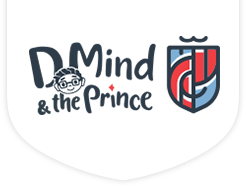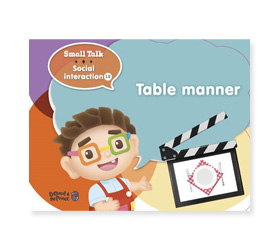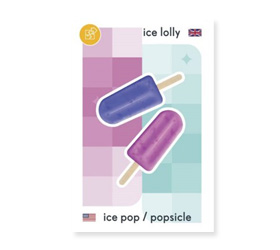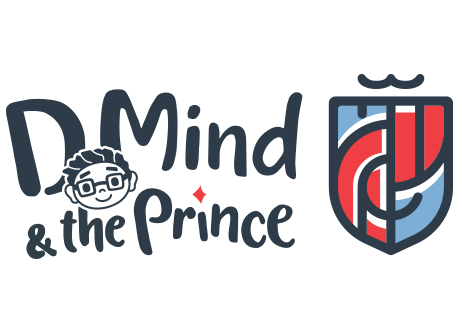From 1 to 2 years old
Progressing from the first word to the first sentence
During the second year, parents can expect to witness, much to their delight, that their children start to use their passive language—sounds, texts and images that are stored in their brain—to produce speeches to respond to the people and environments around them.
Before the second year, toddlers, in fact, start to connect and associate things they see with words they hear through facial expressions and gestures. By 12 months old, babies have already learnt the first meaning before they can produce the word. For example, they respond well to ‘where’ questions with physical movements (e.g., looking or pointing), know the name of other people (e.g., a brother or sister, or grandparents) well before they can produce the sounds, and recognize how some utterances always go with certain actions, (e.g., ‘bye-bye’ with waving hands).
From 12 months onwards, parents can expect the utterance of the first word, though it is always hard to predict what it will be as it can be anything that children have repeatedly found interesting. By around the 18th month, the little ones can produce 50 real words on average. It may, however, take a bit of time for parents to get what their children mean, because children are still practising the pronunciations of the sounds in the language and may find some sounds difficult to produce.
Children start to form one-word sentences. These ‘sentences’ are spoken in the tone of voice we use for sentences. Parents can expect children to expand these one-word sentences to real short sentences as children start to figure out word order and grammar.
Parents play an invaluable role in a child’s development as they are always their children’s first teachers. Toddlers can discover and learn about a language from their parents’ speeches. During the extended conversations, instead of correcting their children’s mistakes in pronunciation and grammar, parents only need to present the correct pronunciations and sentences. Children will discover and log these correct examples, and, one day, reproduce them.
To support children in their English learning, parents can provide inputs in various formats, for example, from English songs and animations to flashcards, posters and English books. These sources will stimulate the language and cognitive development of young children.
As children’s motor skills and mobility develop, parents can also ask young children to complete simple day-to-day self-care tasks or house chores by giving English instructions. This creates different real-life contexts which children can use the English language and develop self-care skills simultaneously.







